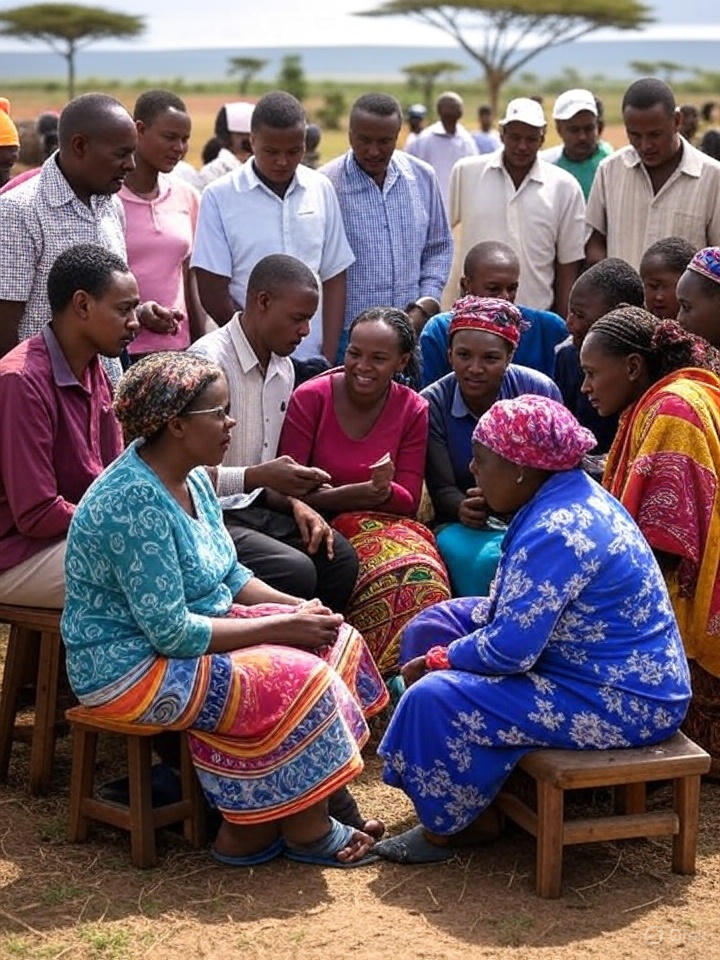Muriuki Muriungi
On 30th April 2025, the High Court of Kenya issued a groundbreaking decision in the case of Otieno and Two Others v Attorney General and Another; Katiba Institute and Nine Others (Interested Parties) (Petition E519 of 2024) [2025] KEHC 8557 (KLR),, declaring several provisions of the Public Benefit Organizations Act, 2013 (PBO Act) as unconstitutional. The judgment provides immediate relief to PBOs and establishes a constitutional framework for regulating the sector in alignment with Kenya’s Constitution.
By way of background, the Public Benefit Organizations Act No. 18 of 2013 succeeded the now repealed NGO Coordination Act, and remains the main legal framework that guides registration and operations of NGOs (now known as Public Benefit Organizations) in Kenya.
Specifically, the judgment made these findings which have impact on NGOs/PBOs in Kenya:-
- Automatic Transition for NGOs/No Need for existing NGOs to Register Afresh
The court invalidated paragraphs 5(1) and 5(2) of the Fifth Schedule of the PBO Act, which mandated that non-governmental organisations (NGOs) registered under the repealed NGO Coordination Act reapply for registration under the PBO Act. The court ruled that these provisions infringed on Articles 36(3)(a), 47, and 27(4) of the Constitution, as they restricted freedom of association, undermined legitimate expectations, and violated principles of administrative fairness and legal continuity. The Public Benefit Organizations Regulatory Authority (PBORA) was ordered to automatically register all NGOs that were operational before the PBO Act’s commencement on 14 May 2024. This eliminates the need for existing NGOs to undergo a potentially disruptive re-registration process, ensuring operational continuity for civil society organisations.
- Right to Fair Administrative Action/No de-registering a PBO/NGO without a fair hearing or for non-compliance with the PBO constitution
Sections 18(1) to 18(3) and 19(1)(b) of the PBO Act were struck down for violating Articles 47 and 50 of the Constitution, which guarantee fair administrative action and a fair hearing. These sections allowed PBORA to suspend or cancel a PBO’s registration without providing an opportunity for the organisation to be heard by an impartial body. Additionally, section 19(1)(b), which permitted cancellation for non-compliance with a PBO’s constitution, was deemed overly broad and unreasonable. The court emphasized that any enforcement action must adhere to due process, and cancellations should only occur for significant breaches, not minor or technical violations.
- Voluntary Federation Membership
The court ruled that sections 21(1) and 21(9), which required PBOs to join the National Federation of Public Benefit Organisations, violated the constitutional right to freedom of association. The court clarified that while collective representation is permissible, membership in the federation must be voluntary. PBOs cannot face penalties or regulatory disadvantages for opting out, ensuring that the federation operates as a voluntary umbrella body.
- Inclusive Recognition of PBO Forums
Section 23(2) of the PBO Act, which allowed PBORA to recognize only forums representing a “significant number” of PBOs, was declared unconstitutional due to its vague and arbitrary threshold. The court held that this provision limited freedom of association by potentially excluding smaller or independent forums. Recognition criteria must be objective and inclusive, fostering broader representation and supporting grassroots legitimacy.
- Protection of Personal Data
The court found section 32 of the PBO Act unconstitutional for requiring the disclosure of personal information about members, donors, or beneficiaries without sufficient safeguards. This provision failed to comply with the Data Protection Act of 2019 and lacked proportionality. The court mandated that data requests must be necessary, proportionate, and accompanied by robust privacy protections to prevent unauthorized disclosure.
- Independence of PBORA’s Board
The appointment process for PBORA’s board was deemed unconstitutional for lacking independence, as it was overly controlled by the executive, violating Articles 50(1), 160, and 172 of the Constitution. The court called for a transparent and independent appointment process to ensure PBORA’s legitimacy as a quasi-judicial body.
- Reconstitution of the PBO Disputes Tribunal
Provisions establishing the PBO Disputes Tribunal were struck down for failing to ensure its independence. The court criticized the appointment of tribunal members by the Chief Justice without Judicial Service Commission (JSC) involvement and PBORA’s control over remuneration, which violated Articles 50(1), 160, 172(1)(c), and 230(4)(a). Following the National Assembly’s approval of tribunal members on 17th June 2025, the tribunal must be reconstituted with JSC involvement to align with constitutional standards.
Implications for PBO Regulations
The judgment sets a precedent for aligning PBO regulations with constitutional principles. The draft regulations under public consultation must be revised to reflect the automatic transition of NGOs, ensure due process in registration cancellations, comply with privacy laws, and uphold voluntary association principles. The judgment provides a clear interpretive guide for lawmakers, ensuring that future regulations prioritize constitutional rights and foster a supportive environment for PBOs in Kenya.
Disclaimer: The above information is for general informational purposes only and does not constitute legal advice. Readers are encouraged to seek professional legal counsel for specific advice tailored to their individual circumstances. The author disclaims any liability for any actions taken or not taken based on the contents of this document.
Please do not hesitate to contact us for advice or inquiries on this issue or any other related matter including registration of NGOs/PBOs or advice on other legal issues including employment, tax and regulatory compliance.





